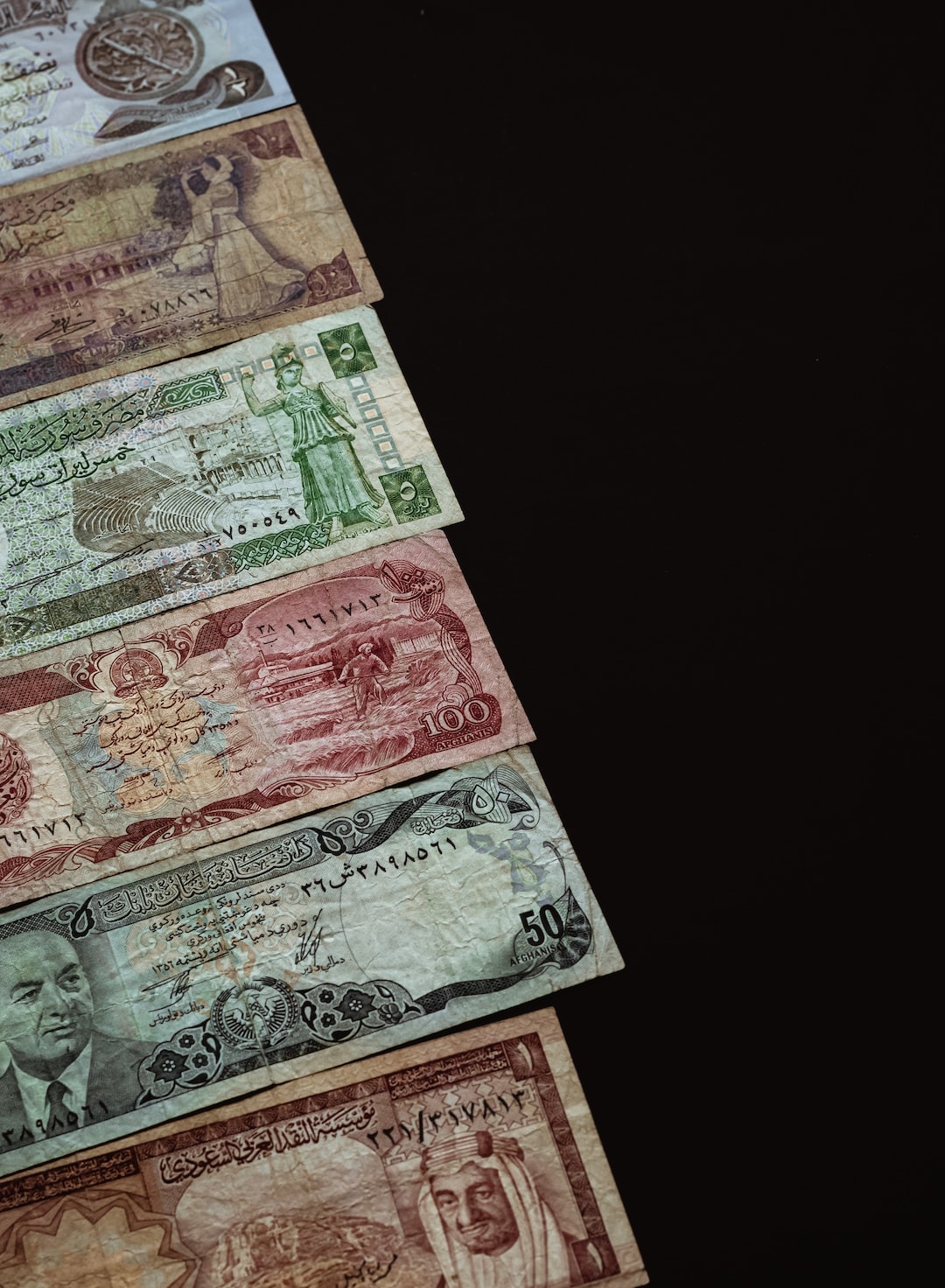Forex trading is a highly dynamic and volatile market, with exchange rates fluctuating constantly. These fluctuations can be caused by a variety of factors, including economic, political, and social factors. In this article, we will explore the reasons why the forex market moves and the factors that influence exchange rates.
Economic Factors
Economic factors are one of the main drivers of the forex market. Economic indicators, such as GDP, inflation, employment rates, and interest rates, can significantly impact currency values. For example, if a country’s GDP is growing, investors are more likely to invest in that country, leading to an increase in demand for its currency. Similarly, if a country’s interest rates are high, it is more attractive to investors, leading to a rise in demand for its currency.
Inflation is another key factor that can influence currency values. If a country’s inflation rate is high, its currency value may fall as investors lose confidence in the country’s economic stability. On the other hand, if a country’s inflation rate is low, its currency value may rise as investors perceive the country’s economy as stable and attractive.
Political Factors
Political events can also have a significant impact on the forex market. Political instability, such as protests, elections, and changes in government policies, can lead to uncertainty and volatility in the forex market. For example, if a country is experiencing political turmoil, investors may lose confidence in its economy, leading to a decline in its currency value.
Trade policies and tariffs can also impact the forex market. For instance, if a country imposes tariffs on imported goods, it may lead to a decrease in demand for its currency as investors anticipate a decline in the country’s exports. Similarly, if a country opens up its trade policies and reduces tariffs, it may lead to an increase in demand for its currency.
Social Factors
Social factors, such as demographic changes and cultural shifts, can also influence the forex market. For example, changes in population growth rates can impact a country’s economic growth, which can then affect its currency value. Similarly, changes in consumer preferences can impact a country’s exports, leading to changes in its currency value.
Global Events
Finally, global events can also impact the forex market. Natural disasters, such as earthquakes and hurricanes, can disrupt a country’s economy, leading to fluctuations in its currency value. Similarly, changes in commodity prices, such as oil and gold, can impact a country’s economy and currency value.
Conclusion
In conclusion, the forex market moves due to a variety of economic, political, social, and global factors. Understanding these factors and how they impact currency values is crucial for forex traders to make informed decisions and maximize profits. While it is impossible to predict the future, keeping an eye on economic indicators, political events, and global trends can help traders anticipate market movements and make better trading decisions.





